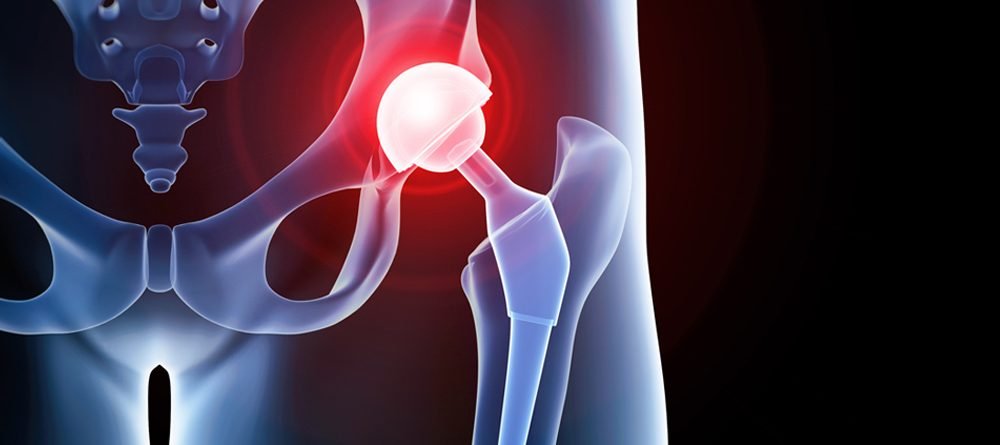Complications after Hip Replacement
Every surgical procedure has risks and benefits.
Your individual results will depend on your personal circumstances, and recovery takes time. How long your hip replacement will last depends on many different factors, and everyone is unique. Only your doctor can discuss this aspect of surgery with you. Each of the following reactions or complications can occur during and after surgery and may require medical attention (such as further surgery) and implant removal
Implant dislocation and leg-length difference
The most common complications specific to hip replacement surgery include loosening or dislocation of the implant and a slight difference in leg length. Your healthcare team can discuss these with you.
Infection
Infection is a risk with any surgical procedure. When infection occurs after total hip replacement, it is most commonly caused by bacteria that enter the bloodstream during dental procedures, or from urinary tract, skin, or fingernail infections. Although uncommon, when these complications occur, they can delay full recovery.
For the first two years after your hip replacement, your doctor may require you to take preventive antibiotics before dental or surgical procedures that could allow bacteria to enter your bloodstream. Generally, talk to your orthopedist and your dentist to see if you still need preventive antibiotics before other procedures.
Blood clots
Blood clots in the leg veins are a possible complication of hip replacement surgery. Your surgeon will outline a prevention program. This may include periodic elevation of your legs, lower-leg exercises to increase circulation, support stockings, and medication to thin your blood.



